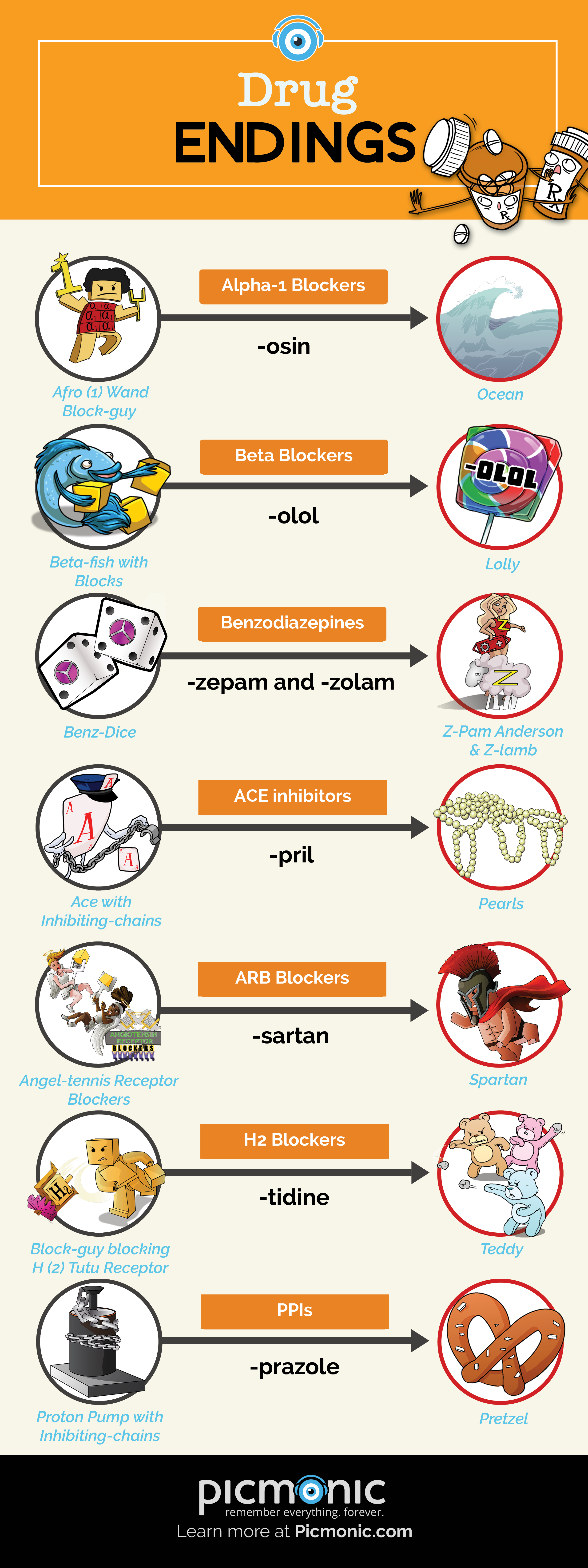They also have an ability to activate the angiotensin II type 2 AT2 receptors which causes vasodilatation in the small vessels and presumably leads to additional cardiac and renal protection. The incidence of angioedema and cough with ARBs is less than that with ACEIs because ARBs do not increase bradykinin levels though reports of rare cases of both exist with the use of ARBs.

Angiotensin Receptor Blockers Arbs Youtube
See Renin-angiotensin system inhibition in the treatment of hypertension.

Angiotensin receptor blockers (arbs) side effects. Angiotensin receptor blockers ARBs rarely cause serious side effects. ARBs have shown excellent efficacy they have no negative metabolic effects and they cause no accumulation of bradykinin. Dizziness lightheadedness or faintness upon rising This side effect may be strongest after the first dose especially.
The ARBs have more affinity for ATR 1 than ATR 2 and can block the activities of angiotensin II on ATR 1 regardless of whether it was created from angiotensin converting enzyme or other enzymes such as cardiac chymase. ARB alone 25 or in combination with other drugs is beneficial in treating NASH in experimental models of liver fibrosis 24 26 27. A few people have had angioedema while taking ARBs.
Bleeding gums blood in the urine or stools confusion as to time place or person drowsiness fast pounding or irregular heartbeat or pulse headache nausea pain in the arms legs or lower back especially in the calves or heels upon exertion pain redness or swelling in the arm or leg pinpoint red spots on the skin. Side effects may occur during the first few days of use. Avoid ARBs if you.
Dizziness Higher than normal potassium levels in the blood hyperkalemia. Taking ARBs may. Learn more about the types of ARBs and their safety here.
Some of the side effects of taking ARBs include. These may improve after a few days. Angioedema is the extreme swelling of the face lips eyelids tongue neck or throat.
What are the side effects of ARBs. Decreased SodiumWater Reabsorption Normally angiotensin II increases sodium and water reabsorption in the proximal tubule of the nephron. Angiotensin-converting enzyme is a potent inhibitor of kinase II which facilitates the breakdown of bradykinin.
Are there any side effects. Side effects of ARBs. Have low levels of sodium in the blood.
The most common side effects are cough elevated potassium levels in the blood hyperkalemia low blood pressure dizziness headache drowsiness diarrhea abnormal taste sensation metallic or. Angiotensin converting enzyme inhibitors ACEi and receptor blockers ARB were shown to reduce all-cause mortality and risk of sudden cardiac death SCD in patients with acute myocardial infarction AMI and heart failure HF with reduced left ventricular ejection fraction ie LVEF 40 when prescribed for primary prevention of SCD 1234. Blocking angiotensin II receptors with an ARB results in decreased smooth muscle contraction decreased vasoconstriction decreased systemic vascular resistance SVR and decreased blood pressure BP.
Angiotensin II receptor blockers ARBs. Some side effects may require stopping the medicine right away as directed by your healthcare provider. Headache fainting dizziness fatigue respiratory symptoms vomiting and diarrhea back pain leg swelling high potassium levels.
This can be life-threatening. Possible side effects of angiotensin II blockers can include. The most common side effects are cough elevated potassium levels in the blood hyperkalemia low blood pressure dizziness headache drowsiness diarrhea.
Have a serious case of congestive heart failure. ARBs are well tolerated by most people. ARBs ARBs are well tolerated by most individuals.
It can be an allergic reaction to ARBs. The use of these drugs in disorders such as hypertension heart failure and proteinuric chronic kidney disease are discussed elsewhere. Dizziness headache drowsiness nausea vomiting diarrhea cough elevated potassium levels Click to see full answer In this regard how does angiotensin II receptor blockers work.
Dizziness headache drowsiness nausea vomiting diarrhea cough elevated potassium levels low blood pressure muscle or bone pain and rash. Up to 10 cash back The common in vitro effect of angiotensin II receptor type 1 AT1 antagonists blocker ARB is the suppression of activated-HSCs Ac-HSCs by activating the receptor tyrosine kinase 24 25. Side effects can include.
Swelling of tissues angioedema. If these side effects persist or worsen call your healthcare provider. ARBs are generally well tolerated and have a low incidence of side effects.
ARBs only have a few side effects but the most common ones include dizziness headache fatigue and cough. Some fade as your body gets used to the medicine. After you start the drug youll need another blood-test to check your kidney function.
All ARBs are insurmountable antagonists except for losartan 14. ARBs are generally well-tolerated but as with any drug they can cause unwanted effects including dizziness headache and fatigue. Side effects of ARBs include.
Swelling can make breathing difficult. Diarrhea muscle cramps or weakness back or leg pain insomnia difficulty sleeping irregular. Uses common brands and safety information Angiotensin II receptor blockers ARBs treat high blood pressure and heart failure.
Common side effects include. The specific side effects that are observed with ACE inhibitors and ARBs will be reviewed here. What are the side effects of ARBs.
ARBs displace angiotensin II from the angiotensin I receptor and produce their blood pressure lowering effects by antagonizing angiotensin IIinduced vasocon-striction aldosterone release catecholamine release arginine vasopressin release water intake and hypertrophic response 4. ATR 1 binding affinity is not directly correlated with the anti-hypertensive effect of ARBs. Angioedema and cough are known side effects of angiotensin-converting enzyme ACE inhibitors.
Are allergic to ARBs or their inactive ingredients. An increase in bradykinin levels results in continued prostaglandin E2 synthesis vasodilation increased vascular permeability and.

Angiotensin Receptor Antagonist An Overview Sciencedirect Topics
Tidak ada komentar